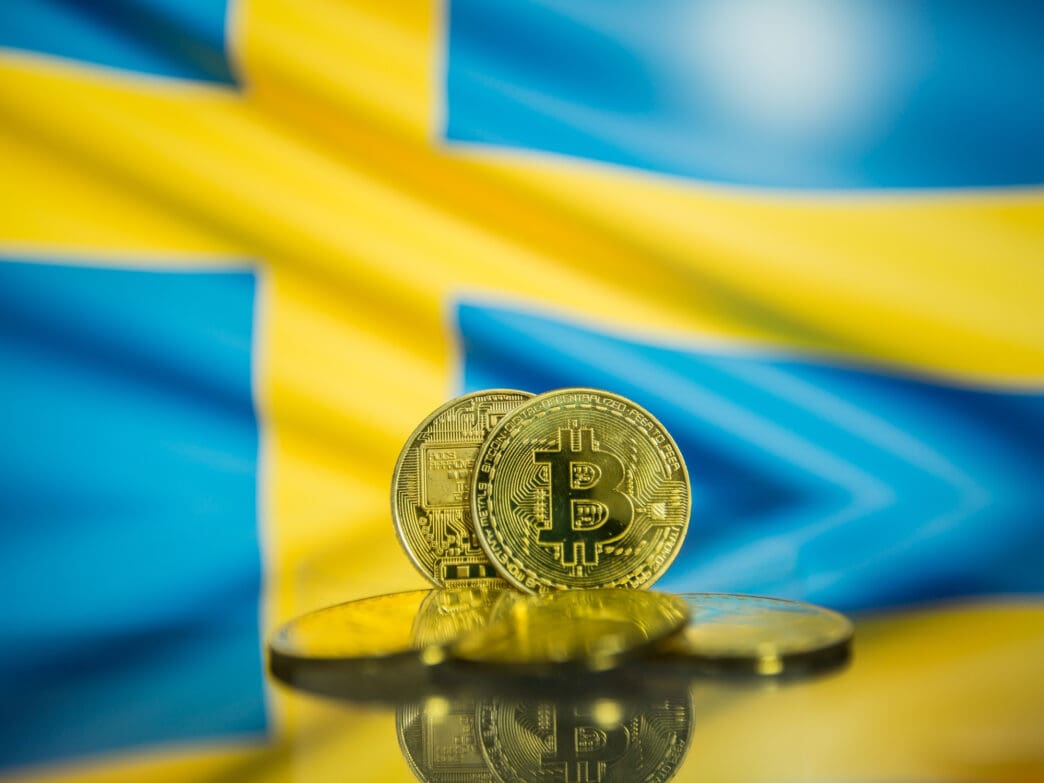Executive Summary
The Story So Far
Why This Matters
Who Thinks What?
Two members of Sweden’s parliament, Dennis Dioukarev and David Perez of the Swedish Democrats, have proposed that the country establish a strategic Bitcoin reserve and commit against developing a central bank digital currency (CBDC). The proposal, made recently to the Riksdag, aims to combat inflation, diversify national holdings, and position Sweden within a global “digital arms race” while safeguarding privacy from potential CBDC risks.
Proposal for a Bitcoin Reserve
The parliamentarians argue that a strategic Bitcoin reserve would act as a crucial hedge against global unrest, which could otherwise impact Sweden’s traditional currency and gold reserves. They emphasized that Bitcoin’s value, unlike fiat currencies, is not tied to the monetary policies of individual states, thus reducing overall correlation in a national reserve.
Similar to discussions in other nations, including the United States, Dioukarev and Perez suggested funding the reserve through seized Bitcoin. While Sweden currently holds no publicly listed Bitcoin, the country introduced a law in November 2024 allowing authorities to confiscate luxury items, including cryptocurrencies, even if they are not the direct target of an investigation. The specific authority responsible for managing such a reserve remains an “open question.”
The proposal highlights Bitcoin’s attributes as a protection against inflation, citing its 21 million supply cap, faster transaction speeds, and negligible costs compared to fiat. They also noted Bitcoin’s status as the world’s sixth-largest asset, on par with silver and larger than global corporations like Tesla, Meta, and Amazon.
Political Context and Digital Innovation
The Swedish Democrats, having received the second-largest number of votes in the 2022 general election, are a key party supporting the current ruling coalition. This position grants Dioukarev and Perez significant influence in advancing their proposal. This isn’t the first call for Bitcoin adoption in Sweden; in April, Centre Party MP Rickard Nordin also urged the Finance Minister to consider Bitcoin.
Beyond financial diversification, the lawmakers believe that “owning Bitcoin signals that a nation is open to digital innovation.” Sweden already boasts a burgeoning crypto sector, with 85 companies and significant venture capital investment, and maintains a regulated environment for cryptocurrency operations.
Stance Against Central Bank Digital Currency
Alongside the Bitcoin reserve, Dioukarev and Perez advocate for a government promise not to alter the definition of legal tender in the Riksbank Act. This move is intended to signal a clear disinterest in introducing a CBDC. Sweden already operates largely through digital payment alternatives, such as the mobile app Swish.
Sveriges Riksbank concluded a CBDC pilot project in March 2024, stating that a decision on its introduction is “ultimately a political decision.” Concerns raised by organizations like the Human Rights Foundation regarding CBDCs include potential infringements on privacy and new avenues for government corruption, which align with the Swedish Democrats’ stance.
Outlook for Sweden’s Financial Future
By proposing a strategic Bitcoin reserve and a clear position against a CBDC, Swedish Democrats Dennis Dioukarev and David Perez aim to prepare Sweden for a potential “disruptive shift in the global financial infrastructure.” This dual approach seeks to fortify the nation’s financial resilience against global economic volatility while fostering an environment conducive to digital innovation without compromising individual privacy.







